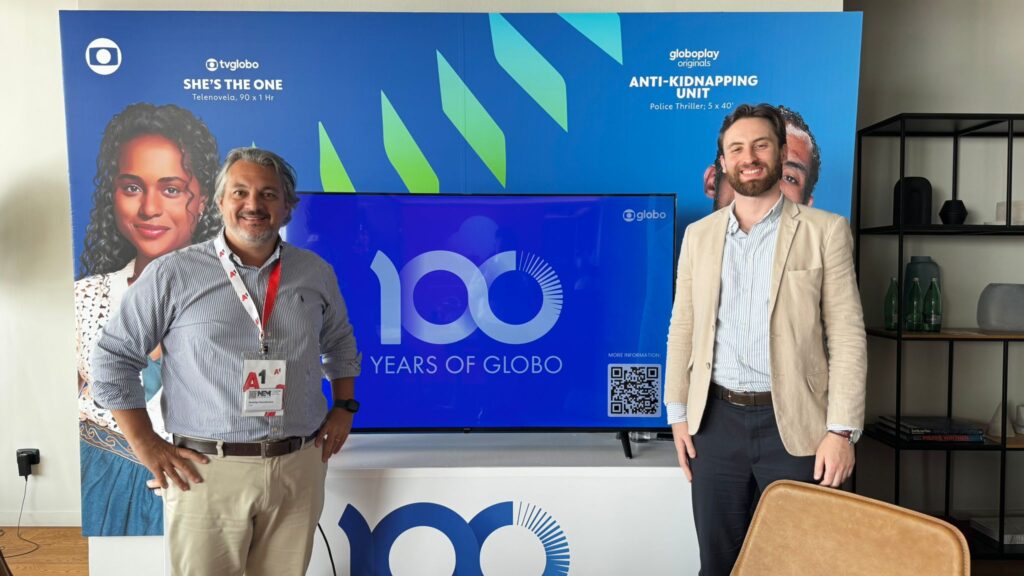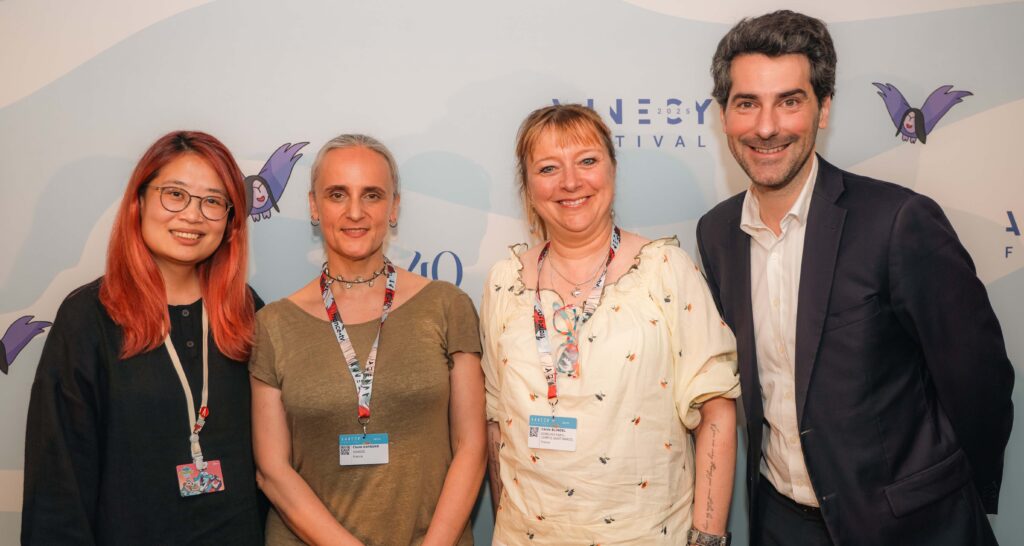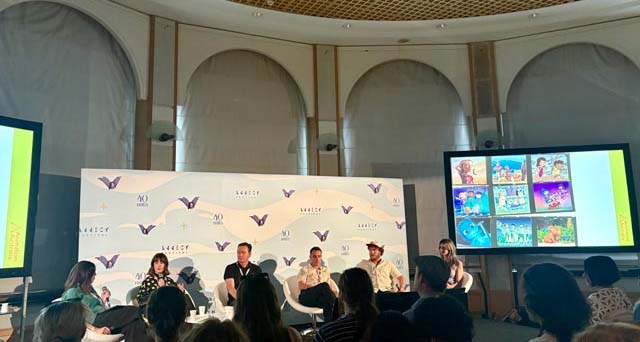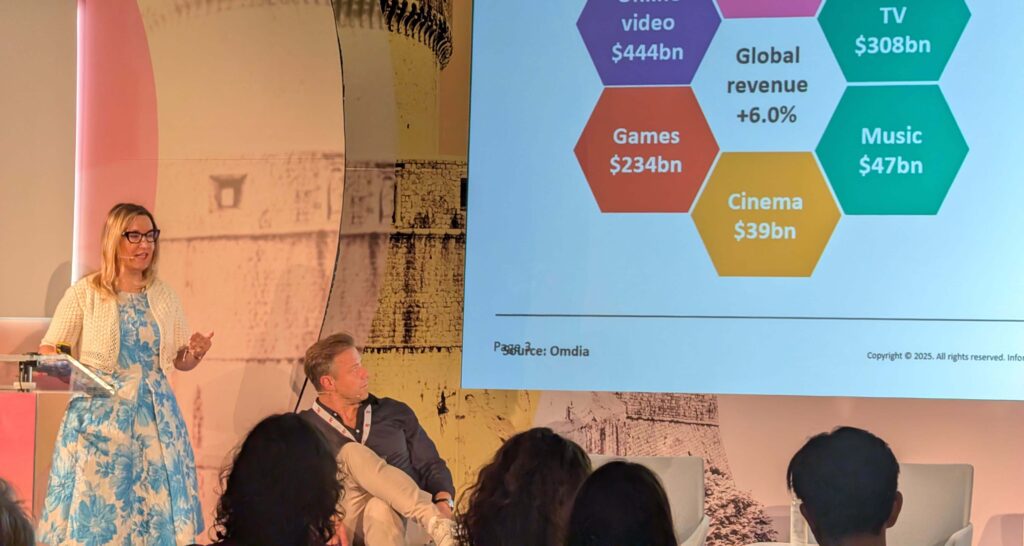The session of the seventh day of LA Virtual Screenings, presented five examples of different markets that offer international incentives for the production of audiovisual content in Colombia, Malaysia, the Dominican Republic and Spain.
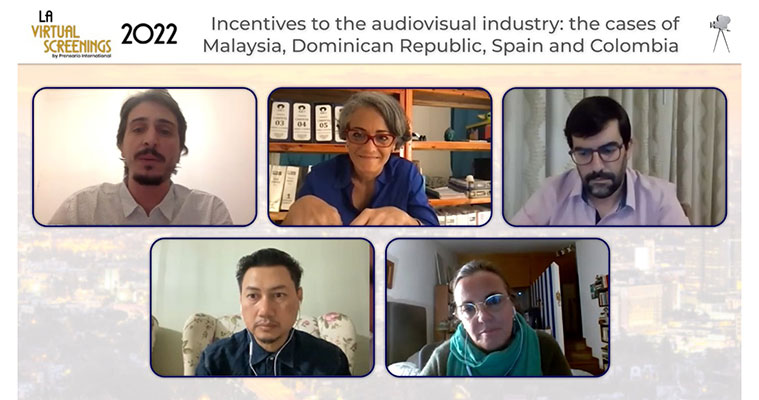
Fabricio Ferrara, director of international business at PRENSARIO INTERNATIONAL, moderated this panel, starring Zokifli Abu Bakar, head of Film In Malaysia Office, FINAS (Malaysia); Juan Luis Gimeno Chocarro, Chief Economic and Commercial Counselor of Spain in Los Angeles, ICEX (Spain); Silvia Echeverri, Director of Film Commission and Promotion, ProImágenes (Colombia); and Julieta Camarda, CEO, Just J (Dominican Republic).
Camarda highlighted the ‘solid’ system of incentives that the Dominican Republic began more than a decade ago, in 2010: ‘It’s a tax transferable credit certificate system, which translates into a tax credit in the form of a bond , with a 25% return, and the eligible expenses include a wide amount of classic production development and needs, and the monetization it takes about 6-9 months and you will get at least if you’ve done things right above the line of the 18% in liquid Money at the end of it.
Among the conditions, the executive commented that there’s some there’s a minimum expenditure of USD 500,000 and they have to employ at least 25% of the crew with personnel from the Dominican Republic: ‘The interesting part is that you can incorporate all the foreign crew inside the umbrella of these return: this is tax and 1.5 which one of the hidden gems that I like to say to someone of a subsidy because the state will subsidize around 16% of the value of your workforce no matter where they come from and you can pay the workforce in the home countries or wherever they want to be paid. So, there is a level of engagement in pretty much every angle of production’. In addition to the incentives, the nation contemplates a series of scenarios and special locations for natural filming, which are protected and suitable for audiovisual work.
In the case of Colombia, Echeverri commented on how ProImagenes implementsed these regulations in the country: ‘We have two types of incentives. The first has been in operation since 2013, and is for films, and stipulates a cash rebate and it gives back 40% on the expenditures on services and 20% on hotel and accommodations’.
In 2020, with the new government, they decided that this program was very successful, and it was bringing a lot of investment in the country, so they decided to broaden the incentive that was given in Colombia, so the law that created the program was modified, adding all the audiovisual products, so now we take TV series, videos for advertising purposes, and even video games, and with this, we create a transferable tax credit on the Colombia expenditure. So, here’s also a minimum spender chair in our country, which nowadays is for USD 450,000, this changes because this is a figure establish in Colombia and pesos so it will depend on the exchange rate and with the US currency. To access these benefits, you need to work with a Colombian produce company’.
Regarding the case of ICEX and Spain, Gimeno Chocarro spoke of the country’s long experience in incentive issues: ‘These laws have changed focus, moving from the visual point of view to a more industrial point of view. What we have today is a tax rebate up to 30% with a minimum of €1 million that lowers to €200,000. The size of the fiscal incentive cannot be larger than 50% of the project’. Regarding the hubs for filming, the executive mentioned that they have in the Canary Islands, which works with a 50% tax rebate with a cup of €18 million; while that of Navarra is 35%, and a little higher in animation, but this would be tax credit, with a cup of €5 million.
The FINAS representative in Malaysia highlighted the program as one of the most ‘lucrative’: ‘We have increased the center to up to 35% (before 30%) and we have 5% add-on for cultural test. We started this program back in 2013, younger with respect to the rest of some territories. The program, which goes by the name FIMI (Film in Malaysia Incentive), is available for both local and international productions, as well as for post-production work with a maximum of 5% cash rebate with productions with cultural test elements’, concluded.

